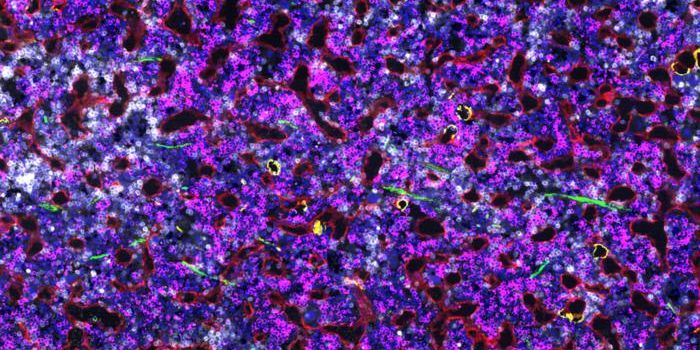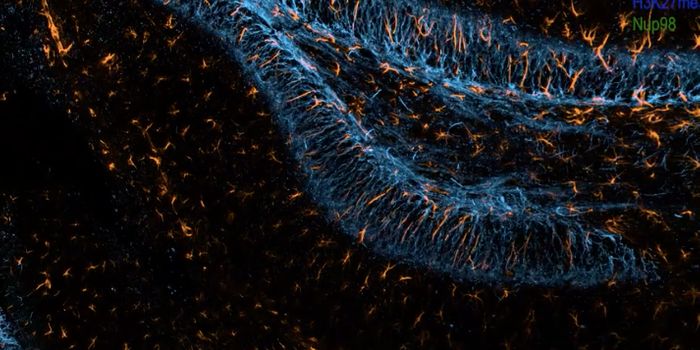Why Opioids Can't Always Reduce Chronic Pain
While opioids have been in use in North America since at least the time of the Civil War, we still don’t know everything about how they work. New research has indicated that chronic pain alters receptors in the brain that attach to opioids. This alteration may reduce the effectiveness of opioids. The study also provided insight into how opioids can cause depression. The work, by a team of scientists at the National Institutes of Health (NIH) and McGill University, Montreal, was reported in the journal Pain.
“We know that people with chronic pain have reduced availability of opioid receptors — the molecules opioid drugs bind to — in the brain,” said study co-author Mark Pitcher, Ph.D., a visiting fellow in the Division of Intramural Research at the National Center for Complementary and Integrative Health (NCCIH). “What we haven’t known, until now, is why. Are there preexisting brain differences that might predispose some people to develop chronic pain? Or might chronic pain cause these differences? Our findings suggest that chronic pain itself is responsible.”
An imaging technique that allows researchers to see disease or injury, positron emission tomography (PET), was performed on cross-sections of rat brains. The scientists had mimicked chronic pain by making a surgical nerve injury on one group of those rats; another group was a control that had a surgery that did not cause injury. The scientists found that within three months, opioid receptor availability had gone down in several parts of the brain in the rats with the chronic pain injury; the other group was unaffected.
Other experiments explored the link between depression and chronic pain. Typically, rats will drink sugar water instead of regular water if given the option. When such animals have a symptom of depression called anhedonia, a reduced experience of pleasure, their interest in the sugar water decreases. In this work, after the injury, the rats experiencing chronic pain also had a reduced interest in the sugar water. These animals demonstrated a link between the availability of opioid receptors and their interest in sugar water.
“It’s well known that there’s a link between chronic pain and depression. The results of this study indicate that pain-induced changes in the brain’s opioid system may play a role in this association. Animals with the greatest decrease in opioid receptor availability showed the greatest increase in depression-like symptoms after experiencing chronic pain,” explained study co-author M. Catherine Bushnell, Ph.D., scientific director of NCCIH’s Division of Intramural Research.
“These results provide insights into why we see limited effectiveness of opioid therapy in chronic pain and the mechanism of the depression that may accompany it,” said NCCIH Acting Director Dr. David Shurtleff. “These basic research findings support NIH’s efforts to better understand chronic pain and comorbid symptoms and to develop better ways to help chronic pain patients effectively manage their pain.”
Studies in humans will, of course, be needed to confirm that people experience the same effects. Chronic pain is known to cause neurological changes, however.
Sources: NIH, American Battlefield Trust, Scientific Reports, Physiology & Behavior, Pain









